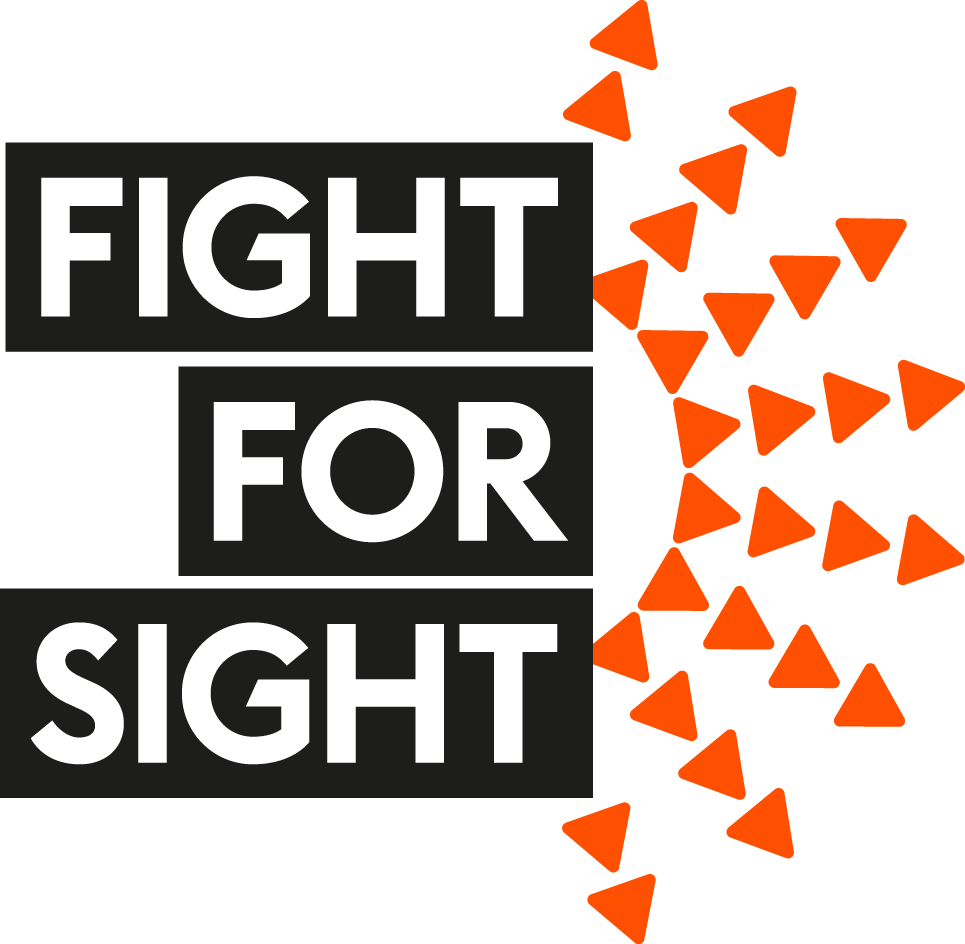How does sight loss affect quality of life in children and young people?
Research details
- Type of funding: Project Grant
- Grant Holder: Professor Jugnoo Rahi
- Institute: UCL Institute of Child Health
- Region: London
- Start date: January 2013
- End Date: April 2018
- Priority:
- Eye Category:
Overview
Two in every 1000 children in the UK are visually impaired or blind, most from birth or early childhood. This can have an impact on every area of a child’s development, from education to their later working and social lives.
At the moment, decisions about what healthcare is needed are based on clinical tests, such as reading an eye chart. But this doesn’t take into account what the children themselves think about their health and the care they are getting.
The NHS has been trying to involve people in their own care recently. But most of the ways of finding out what people want and need have focussed on adults. So now we need a way to engage children and young people in planning and assessing their care.
Prof Rahi and team have already developed a new questionnaire to find out about quality of life and another about the day-to-day impact of sight loss. Both questionnaires are aimed at 10-15-year-olds. In the current project, the researchers are adapting the questions for children aged 6-9 and for young people aged 16-19.
The aim is to improve life for children and young people by giving them an opportunity to influence their own treatment and care. The end result will also be useful for healthcare staff to understand the real impact of sight loss and to measure the effects of treatment.-
Scientific summary
Functional Vision (FV) and Vision-related quality of life (VQoL) of children and young people with visual impairment: development of age-appropriate patient reported outcome measures (PROMs) for routine use in paediatric ophthalmology
The recent surge in use of vision-specific patient reported outcome measures (PROMs) to capture the socio-emotional and functional impact of visual impairment has almost exclusively involved adults. To address this important gap, the research group has recently developed a novel Vision-related Quality of Life (VQoL) instrument 12 and are developing a new complementary Functional Vision (FV) instrument (funded by Fight for Sight) to allow children/young people (C/YP) to report their perspective of the impact on their everyday lives of both their visual disability and the health care they receive. The intention is that these instruments will allow child/young person-led assessment of impact of vision loss to complement objective clinical measurement of visual function, in keeping with the increasing NHS emphasis on routine use of patient-reported outcome and experience measures.
For the ‘foundation’ research, requiring de novo development of conceptual frameworks and child-centred methodology, they focussed on 10-15 year old C/YP. The group are now applying their established theoretical constructs and tested methodology to adapt the existing instruments to develop versions for younger (6-9 year olds) and older (16-18 year olds) subjects, thereby providing a suite of age-appropriate instruments for the whole population of visually impaired children and young people. The new instruments will be used to investigate any associations between FV and VQoL, as well as any correlations with self-reported generic (i.e. not vision-specific) health-related quality of life and objectively measured visual parameters, to delineate the best approach to multi-dimensional assessment of visual disability in routine paediatric ophthalmic practice.

